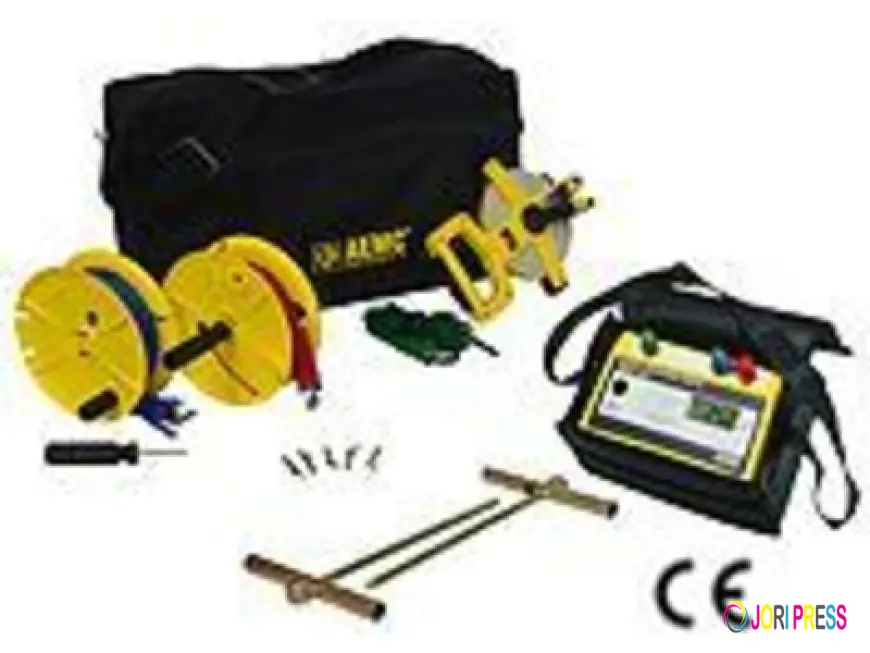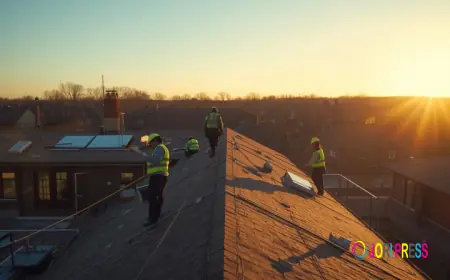Ground Resistance Tester the Ensuring Electrical Safety and Reliability
A crucial tool that ensures safety and compliance is the ground resistance tester.

Electrical safety is one of the most important aspects of any residential, commercial, or industrial system. A crucial tool that ensures safety and compliance is the ground resistance tester. Designed to measure the resistance of grounding systems, this device helps prevent hazards such as electric shocks, equipment damage, and fire risks.
What is a Ground Resistance Tester?
A ground resistance tester is an electrical testing instrument used to measure the resistance between the earth and a grounding system. It ensures that electrical systems are safely grounded to dissipate fault currents and protect people and equipment.
Why is Ground Resistance Testing Important?
-
Electrical Safety
Proper grounding prevents dangerous voltages from building up, reducing the risk of shocks and electrocution. -
Equipment Protection
A low-resistance ground helps sensitive electrical and electronic devices operate safely by diverting surges caused by lightning or faults. -
Compliance with Standards
International and national standards (like IEEE, NEC, and IEC) require regular ground resistance testing to ensure system reliability and safety. -
Preventing Downtime
Identifying weak grounding points early prevents costly failures, outages, and interruptions.
Types of Ground Resistance Testing
-
3-Point Fall-of-Potential Test – The most common method for measuring earth resistance in grounding systems.
-
Clamp-On Testing – Allows for quick and safe measurements without disconnecting the ground system.
-
Soil Resistivity Testing – Determines how soil conditions affect grounding performance.
Key Features of Modern Ground Resistance Testers
-
Digital displays with accurate readings.
-
Lightweight and portable designs for field use.
-
Auto-ranging functions for ease of testing.
-
Data logging and connectivity for reporting.
-
Rugged construction for tough environments.
Applications of Ground Resistance Testers
-
Power Plants & Substations – Ensure critical systems are safely grounded.
-
Construction & Industrial Sites – Verify safety compliance during setup.
-
Telecommunications & Data Centers – Protect sensitive electronics from surges.
-
Residential Installations – Confirm safety of home electrical systems.
Conclusion
The ground resistance tester is a vital tool for maintaining electrical safety, reliability, and compliance. By ensuring that grounding systems function properly, it protects both people and equipment from electrical hazards. For the best selection of testing instruments and expert guidance, trust Omni Controls Inc to provide reliable ground resistance testers and other essential electrical tools.
What's Your Reaction?
 Like
0
Like
0
 Dislike
0
Dislike
0
 Love
0
Love
0
 Funny
0
Funny
0
 Angry
0
Angry
0
 Sad
0
Sad
0
 Wow
0
Wow
0

















































